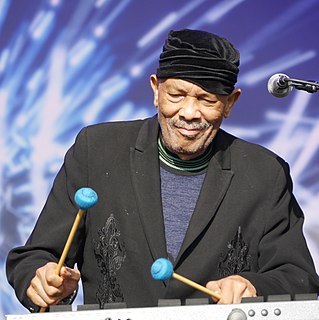A Quote by T Bone Burnett
Still, records are documents of a period of time. Most records are documents of two or three years, and I just approached it as a record I was doing over a 20-year period of time.
Related Quotes
You know, punk bands now sell with one record - their first or second record - sell 10 times the amount of records than the Ramones did throughout their career with 20-something records. That's why I go over to Johnny Ramone's house and do yard work three times a week, just to absolve some of the guilt.
Long before the technology revolution there was declassification of documents and I've spent quite a lot of time studying declassified internal documents and written a lot about them. In fact, anybody who's worked through the declassified record can see very clearly that the reason for classification is very rarely to protect the state or the society from enemies. Most of the time it is to protect the state from its citizens, so they don't know what the government is doing.
Well, almost everything is open - the political documents, the (unintelligible) of cabinet meetings. What has been opened now and what had been closed are things that many governments still close, and that is police files and trial records, trial records of the special courts set up by Vichy. And especially interesting are the trial records of the Purge Trials after the war.
The White House released documents it claims validates the president's (National Guard) service ... When deciphered the documents showed that in a one-year period, 1972 and 1973, Bush received credit for nine days of active National Guard service. The traditional term of service then and now for the National Guard is one weekend a month and two full weeks a year, meaning that Bush's nine-day stint qualifies him only for the National Guard's National Guard. That's the National Guard's National Guard, an Army of None.
There are certain records from the 80s and early 90s that you love because the songs are great, but you don't go to them as an example of great production. Over the last 20 years, myself and a lot of other musicians my age have tried to discover things in 50s, 60s, and 70s recording techniques that were lost or discarded. We've all been trying to crack this code. It's been an important period in the last 15 years, reclaiming some of those lost approaches to making records.



































